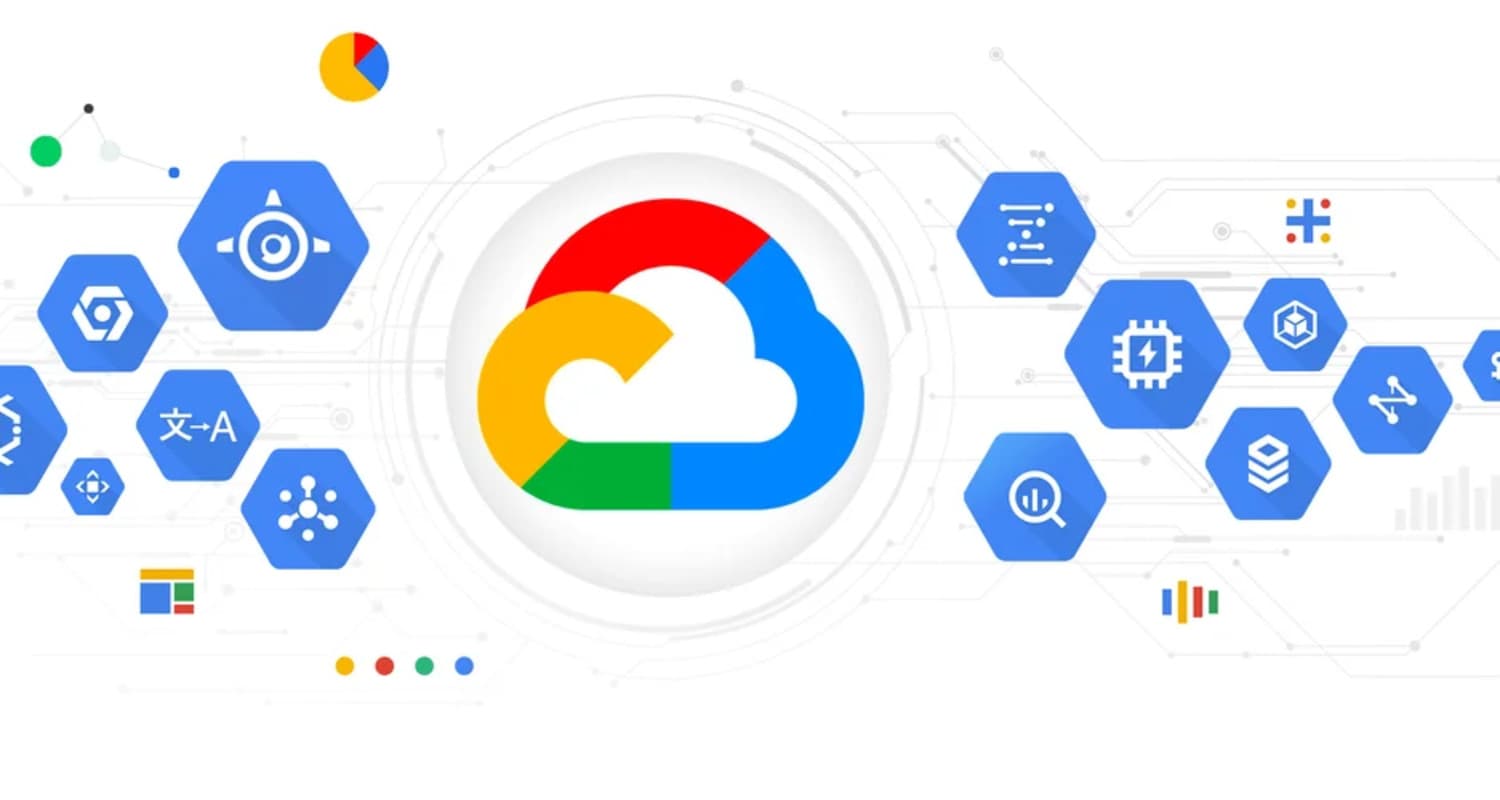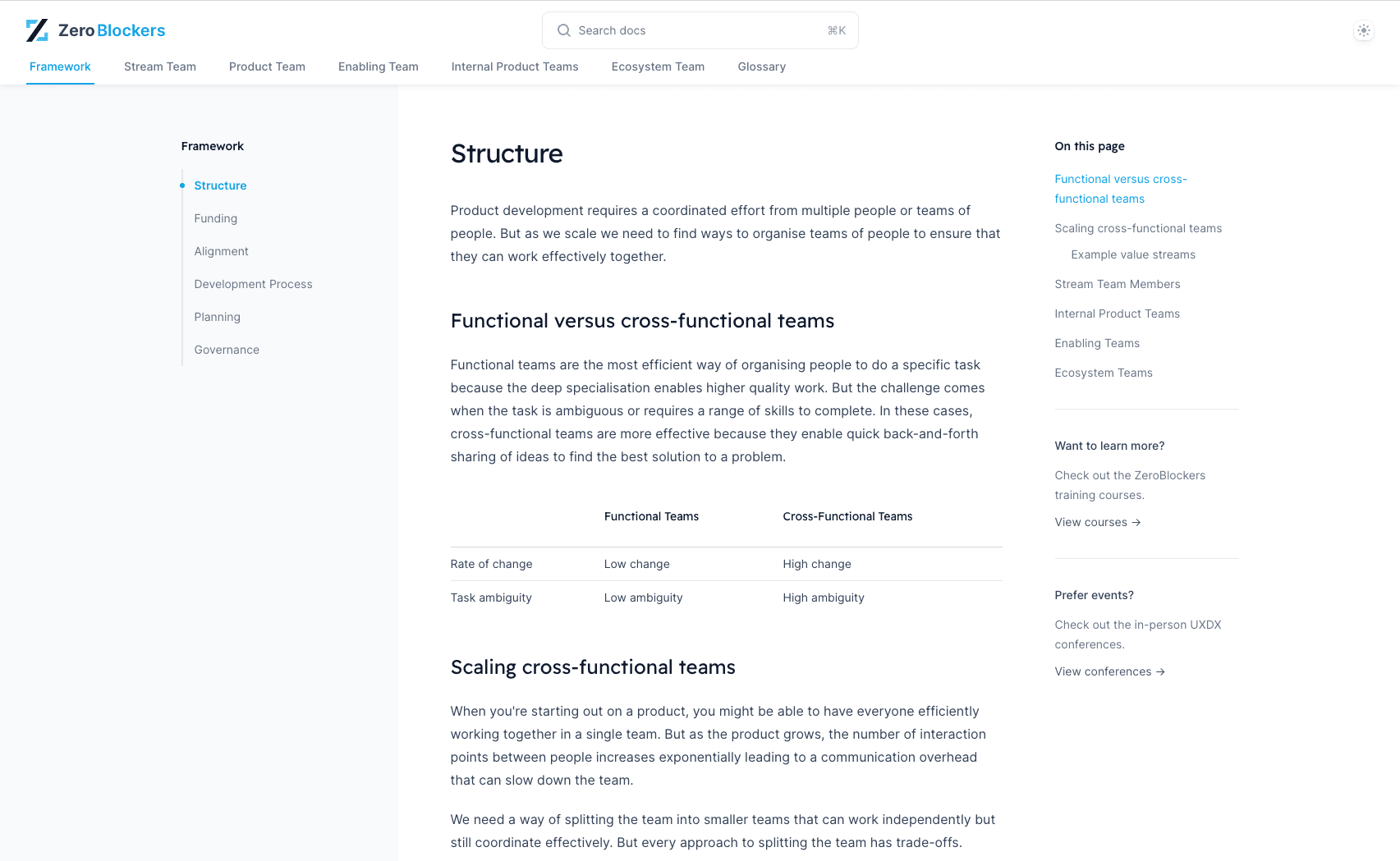Case StudyEcosystem Team: Enabling Teams - Implementing Product Health Frameworks for Enhanced Product Operations
Google Cloud faced the challenge of ensuring product health across diverse teams collecting disparate data. Individual teams focused on their metrics, leading to siloed information and piecemeal solutions. This fragmentation made it difficult to assess if overall product and business goals were being met, hindering the ability to make data-driven decisions for holistic product improvement.

The Solution
Implementing a product health program began with articulating its value to ensure team buy-in. By demonstrating the importance of achieving business goals through a unified perspective, Google Cloud emphasized the need for comprehensive data integration. They aligned on a single measurement framework that would be consistent across all teams. This alignment was crucial for enabling clear decision-making and efficient prioritization.
- Articulating the Value: Teams were shown the importance of a holistic view to address issues beyond their individual scopes. This step involved demonstrating how isolated metrics could miss critical insights that only integrated data could reveal.
- Single Measurement Framework: Google Cloud chose a consistent framework to be used by all teams. This approach involved standardizing metrics and tracking methods to ensure comparability and reduce decision-making effort. They considered multiple frameworks, including Google’s HEART framework and the Pirate metrics, ultimately tailoring a solution to their needs.
- Integration into Product Lifecycle: Best practices were embedded into the product lifecycle. This integration meant defining success criteria early in the planning stages, standardizing data collection through consistent instrumentation, and monitoring product health via dashboards. Regular forums and clear communication channels were established to maintain alignment and continuous improvement.
Outcomes achieved
The implementation of the product health framework at Google Cloud resulted in several significant improvements:
- Improved Decision-Making: With a consistent framework, teams could make more informed decisions. Leaders had a clearer, integrated view of product health, enabling them to prioritize effectively and address real issues rather than symptoms.
- Enhanced Cross-Functional Collaboration: By aligning on a single framework and emphasizing the importance of each team’s data, Google Cloud fostered a culture of collaboration. Teams worked together more effectively, leveraging comprehensive data to drive product improvements.
- Increased Product Health Visibility: Dashboards and regular forums ensured that everyone, from team members to high-level leaders, had visibility into product health metrics. This transparency helped in identifying and addressing issues early, contributing to better overall product performance.
- Scalable Best Practices: Starting with a pilot program allowed Google Cloud to refine their approach before scaling. This method ensured that the framework and processes were robust and adaptable to different products and teams within the organization.
